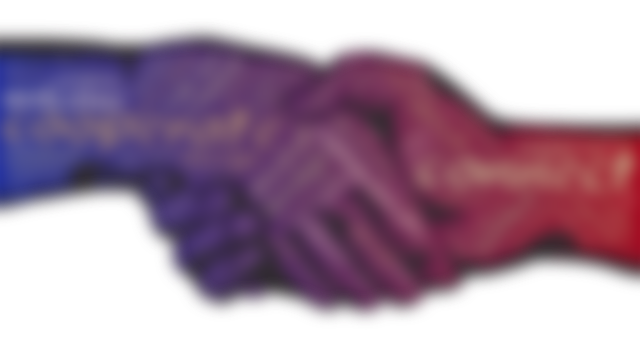Altruism and helping behaviors are topics that have been extensively studied in social psychology: discovering what prompts us to collaborate is key to developing strategies that help create a culture of empathy. It often happens that many people surround someone who needs help, but rarely does anyone step forward to do so. The teamwork attitude is sensitive to context, but also to individual inclinations. Let's look at them separately. Often it is the urgency of the situation itself that prompts us to collaborate or to help. Among the circumstances that lead us to help is that there is a reward, a positive factor that is essential to maintain altruistic behaviors. The analysis of the costs of helping is mainly shaped by reward patterns.

In addition, the fact that helping others allows us to observe that helping is expected of us also motivates us to do so. Numerous studies confirm this modeling theory, in which having an example of a behavior functions as a trigger for the behavior. On the other hand, if we have time to do it, when a person has free time, it is easier to devote it to others. On the contrary, the overload or the accumulation of pending tasks makes us more selfish. Also, the existence of cultural norms of social responsibility and reciprocity benefits us, just compare individualistic societies with collectivist ones. In the latter, social pressure is much greater than in individualistic societies when it comes to collaborating and working for others.
In that sense, it is not all about the situation. People may choose to collaborate or help someone guided more by their life history, traits or dispositions than by the context. Being in a good mood at certain times, being happy increases the likelihood of collaborating with others. Those personal feelings about oneself, such as feeling lucky or grateful, encourage altruism, but when happiness is for another this is less true. Even considering that the victim deserves it, the causal attribution of the problems the victim is suffering may condition the observer. Generally speaking, if the victim is considered to have been unlucky, he or she is more likely to receive help than if his or her problem is perceived as his or her own fault.
In the same vein, the altruism and empathy hypothesis states that the former is always motivated by the latter and that without it it cannot occur. It is to be expected that more empathetic people are more likely to help, especially when our collaboration is urgently needed. However, selfishness also has a place in collaborative relationships. There is the classic situation in which helping another has benefits for oneself, but selfishness also prompts us to collaborate through the relief of negative feelings such as anguish or sadness and conscience. In any case, anything that encourages collaboration is always welcome when it comes to improving society.
In conclusion, one of the actions that help us to achieve full happiness is to help others. Those who have already done so know that supporting others helps us to grow as human beings, to improve our mood and even our health. Once you start helping, you will experience a sense of well-being, you will feel motivated and more energetic. You will see everything around you in a more optimistic way and you will learn to value everything you have and will be willing to support more. Helping is a type of pro-social behavior in favor of a person or persons, such as altruism and cooperation. It is a tendency to procure the good of people in a selfless way, even against self-interest.
Do you usually lend your help or cooperation?
Disclaimer: I would like to let you know that English is not my mother tongue, I may even make some mistakes in the elaboration of sentences in my posts. Feel free to correct me attentively. It will help me in my learning process.
I especially want to thank my loyal sponsors for their unconditional support. I truly wish them the best this world can give them. I would also like to invite my readers to stop by and review your content, it is very interesting and valuable.
My most recent articles:
Time puts everyone in their place.
People who get more excited than others.
You can follow me on:
